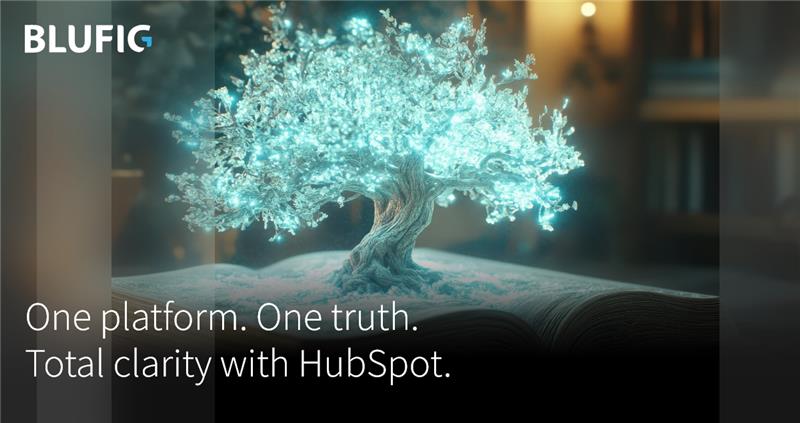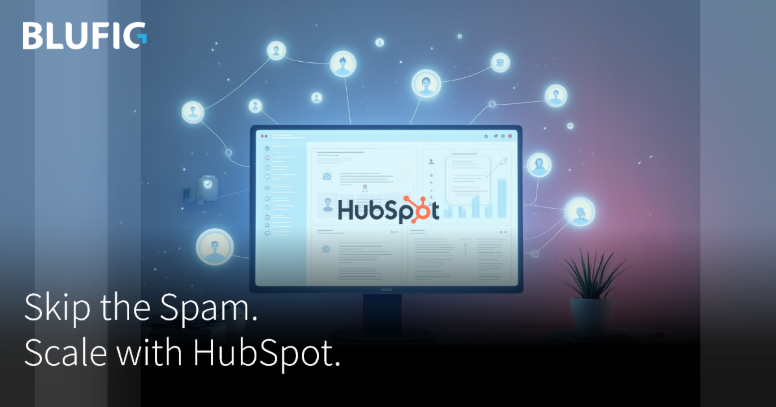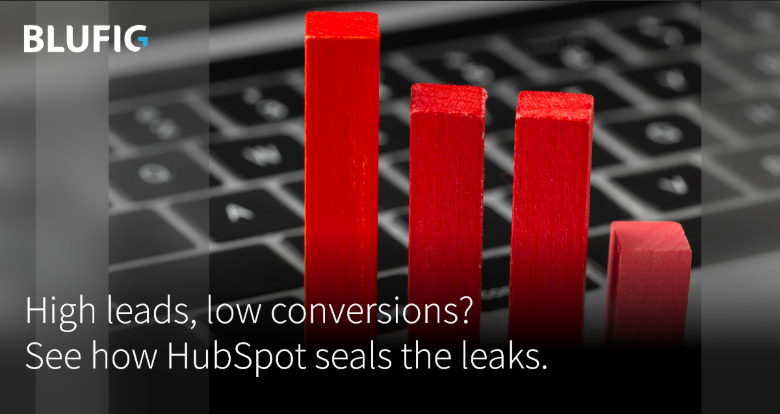How Automation in Digital Marketing Driving Higher Returns
Digital marketing can no longer be confined to the traditional approach of posting on social media, ads or ranking on search engines. Digital marketers need to bring in more innovative approaches to reach their target group with the right message at the right time.
Marketing has now evolved to become more conversion and ROI driven. Businesses investing in digital marketing look at generating higher revenue faster, while keeping their budgets low. As a digital marketer, you don’t just have to choose the right marketing channel, but also use the right tools to reach your audience faster and more effectively.
Personalization is the key – To drive personalized messaging, there are tools that automate the entire process of identifying the right prospects and leveraging them. Integrating automation into their marketing process has become indispensable for modern businesses. This generates a stronger pipeline and converts more prospects into customers.
Benefits of Digital Marketing Automation
A lot of backend effort goes into identifying the right target audience and sending them personalized messages focused on conversion. However, this cannot be done manually. Marketing automation tools perform these tasks by integrating marketing systems and processing inbound data.
According to Statista, the marketing automation software industry is predicted to grow at a CAGR of 19.2 percent between 2020 and 2025.
In 2019 the market reached a little over six billion U.S. dollars and is set to be almost triple that value by the end of 2025. The growth in the industry is backed by the increasing use of cloud-based marketing automation software.
Marketing automation software is designed smartly to help businesses streamline their workflows and generate important data points that the software feeds on to provide important insights to the marketing department. Based on these insights, marketing departments automate their communication workflows to nurture and convert prospects.
Every marketing activity can be automated. Here are key activities that can be automated for greater efficiency.
Email Marketing
Whether it is drafting new emails or personalizing them, the entire process can be automated. You can send multiple emails based on specific actions performed by the receiver, score them based on the activities performed, promote or demote prospects and provide actionable insights accordingly.
Learn more about top email marketing automation tools
Social Media Marketing
Automation can be used for social media posts, competitor research, tracking trending industry topics, social listening, automated follow-ups, post scheduling, approval workflows and a lot more.
Click here for 12 best social media automation tools for 2023.
Search Engine Optimization or Search Listing
You can automate site audits, competitor tracking, backlink generation, automated keyword analysis and suggestions manage backlinks and keyword targeting.
Click here to know more about 7 best SEO automation tool
Content Marketing
Automation can identify opportunities for content generation, suggest trending industry topics, forecast optimization scores, possible user interactions and suggest the most relevant keywords. It can also use NLP (Natural Language Processing) to suggest the ideal content length and develop a content skeleton.
Know more about best content marketing automation tools here
Prominent marketing automation tools such as HubSpot, Adobe Experience Cloud, Oracle Marketing Cloud, and Salesforce Marketing Cloud can automate your content marketing.
Besides there are a lot of AI tools recently trending to get your job done quickly. Following are a list of such tools which you can use to maximize your marketing operations and boost efficiency.
Content Writing Tools: These tools help you write different format content while saving a lot of time and increasing the content marketing efficiency.
Graphic Design Tools: These tools help you to create customized graphics and search relevant images from multiple sources.
Podcast AI Tool: These tools help create high quality and professional-sounding voice recordings, grow podcast audiences and remove background voice
Social Media AI tools: for creating organic social media content, schedule posts and analyse metrics across your social chanels
Chatbot AI Tool: for workflow integration, omnichannel interactions, reporting and analysis
Integrating Automation into your Marketing Strategy
Marketing automation processes repetitive workflows through automation and integrates various marketing channels into a centralized platform. This will provide an overview of the entire marketing process and give an effective return on marketing investments.
Marketing automation can be used to:
(a) Nurture and convert leads often by integrating with Customer Relationship Management (CRM) and Customer Data Platform (CDP) software
(b) Automate and personalize marketing messages for each potential customer and create different marketing funnels
Using AI in Marketing Automation
Marketing automation fuelled by AI (Artificial intelligence) is one of the most recent trends. Conversational chatbots use AI and NLP (Natural Language Processing) to personalize user interactions at various levels.
Beyond chatbots, AI has also been used in other aspects of marketing including content development, SEO, and addressing information constraints related to gradual withdrawal of third-party cookie-based user tracking. Marketers use AI to hyper-personalize their communication based on previous user interactions through predictive analysis (PA) and machine learning (ML).
Advantages of Marketing Automation
Improved Efficiency
Automation helps in expediting repetitive, time-consuming tasks through templatization. This makes it easier for new-age marketers to focus on creative tasks needing human intervention, such as the preparation of marketing strategies and content.
Maximum RoMI (Return on Marketing Investment)
Automation takes care of many human tasks, keeping costs lower than a full-time resource. The costs saved can be used to upskill or reskill employees and to employ highly skilled resources. This guarantees an overall increase in RoMI.
Lead Generation and Nurturing
Generating leads is crucial for every B2B and B2C business. Automating marketing processes help better understand consumer behavior, by closely tracking customer interactions. This helps marketers frame and tweak existing marketing strategies to increase conversions.
Superior Customer Experience
Customers are aware of various brands offering the same product. They expect real-time customer service smaller companies cannot afford to provide round-the-clock service to their customers. Automation can take care of a lot of manual human efforts and provide instant assistance to common service requirements using AI and NLP-driven chatbots.
Refined Marketing Strategy
Marketing automation software makes use of key data to feed their processes. It provides behavioral analytics in great depth for marketers to understand their consumers and their pain points. This helps in tweaking marketing strategy and making it more consumer- centric.
Conclusion
Changing consumer dynamics in the industry has led to the critical application of data into marketing efforts. With marketing programs becoming data-driven, marketers need to execute a successful marketing campaign to achieve their objective. Increased focus on maximizing RoMI has compelled marketers to think out–of–the– box and bring innovation into their marketing systems and programs.
Marketing automation helps marketers understand changing consumer dynamics using data and using effective alternative strategies to maximize conversions.
Want to automate your marketing function and streamline your marketing efforts? Schedule a personalized 1:1 consultation with our marketing automation experts, Now!
Looking For A Marketing Partner?
We will make it worth your while!



